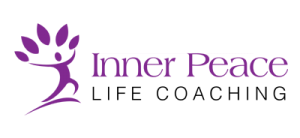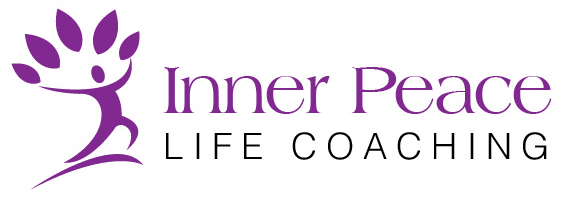Taming Your Phobias
According to Wikipedia, a phobia is defined as
“A type of anxiety disorder, defined by a persistent and excessive fear of an object or situation.”
All of us experience irrational fears from time to time that almost seem insurmountable. The average individual is equipped with coping mechanisms that enable him/her to effectively deal with overwhelming situations. Phobias, on the other hand, are paralyzing in their intensity that almost always spiral out of control, and the individual is caught in a dangerous whiplash that doesn’t seem to subside. Every event or object suddenly assumes the shape of a dangerous giant that wages a constant battle with the individual’s mind.
Most popular phobias are the fear of flying, commonly referred to as aerophobia and the fear of confined spaces commonly called claustrophobia. Then there are social phobias wherein there is absolute and complete panic in social settings. A part of the brain called the amygdala, which controls many of our emotional responses including the fear response, may also contribute to many phobias. Now the obvious question might be, “why is it important to eliminate phobias? The answer is startlingly simple. Because it prevents us from accomplishing what we want in life. Because it stunts an individual’s potential. It’s crucial to ask oneself every once in a while, “Am I fulfilling my highest potential? And if I am not, “What is stopping me from doing so?” Sometimes, an individual is so traumatized that it’s imperative to take the help of a coach who can effectively ascertain the disorder and offer timely guidance.
There are various methods to treat phobias. The first is desensitization or exposure therapy, which focuses on “changing your response to the object or situation that you fear” through repeated exposure. Cognitive-behavioral therapy helps patients by teaching them various coping mechanisms. Medication such as beta-blockers and sedatives are sometimes used along with these methods, depending on the severity of the case. In addition to this relaxation techniques such as deep breathing and yoga can have a very calming effect when used in conjunction with the above methods.
But the Fast Phobia Cure by NLP Practitioners put all other techniques at bay. People living with their phobia for 10, 15 and even 20 years get a coaching session for less than 30 minutes and the phobia no longer exists. They adopt a technique of double dissociation and de-link the phobic images and emotions. This was developed by Richard Bandler where he uses projector booth visualization to attain the results. John Grinder, on the other hand, uses spatial dissociation techniques to attain the same result.
Coaching plays a crucial role as the individual feels “understood” and “supported”. Effective coaching mechanisms include offering unconditional support either on a one to one basis or by gently guiding an individual to join a support group. Alcoholics anonymous is all about the power of “WE”. Additionally, a coach nudges an individual to talk openly about his dilemmas and anxieties. This has a very therapeutic effect as the individual is able to talk freely and in the process feels relieved of pent up feelings and frustrations. The coach asks key questions and gradually enables an individual to confront fears and phobias. The entire process may sometimes take months as it’s quite a precarious task to bolster an individuals’ strength as opposed to tearing it apart.
Effective coaching mechanisms inevitably bring an individual to the point of self-discovery. What might have caused me to develop this fear? If I decide to take medications, how long will it take for my symptoms to improve? Are some of the key questions asked by a person who is on the road to recovery. Simply put, one can sufficiently conclude that coaching has been effective when an individual takes an active role in his/her journey to a maximized fulfilled lifestyle. Leadership is taking personal accountability for your life. Nothing more, Nothing Less.
Why is this important at such a time as this?
Have you been treated for other psychiatric symptoms or mental illness in the past? If yes, what type of therapy was most beneficial? Have you ever thought about harming yourself? Do you avoid any situations or places because you fear they’ll trigger your symptoms? Are just a few examples of effective coaching mechanisms used by practitioners.Addressing phobias is a vast field that requires in-depth analysis. With the help of effective coaching mechanisms, it is often possible to overcome or at least significantly reduce the impact of a phobia.
Sajid Ahamed is “Certified Trainer of NLP” and Founder of Inner Peace Life Coaching Pvt Ltd, India. He is a firm believer in high performance. He enjoys engaging in powerful conversations that lead to effective learning and results. He is ITA (International Training Academy) approved NLP and New Code Trainer in India and the Middle East. Certified in Energy Leadership Index Master Practitioner by one of the largest ICF-accredited coach training schools in the world, “Institute for Professional Excellence in Coaching” (iPEC), Coach Sajid empowers his clients to achieve their greatest potential and evolve into their personal best version.
If you are interested to find out more of this technique, you can book a free session with him using the below link.
https://my.timetrade.com/book/LNX16
IPLC Team













